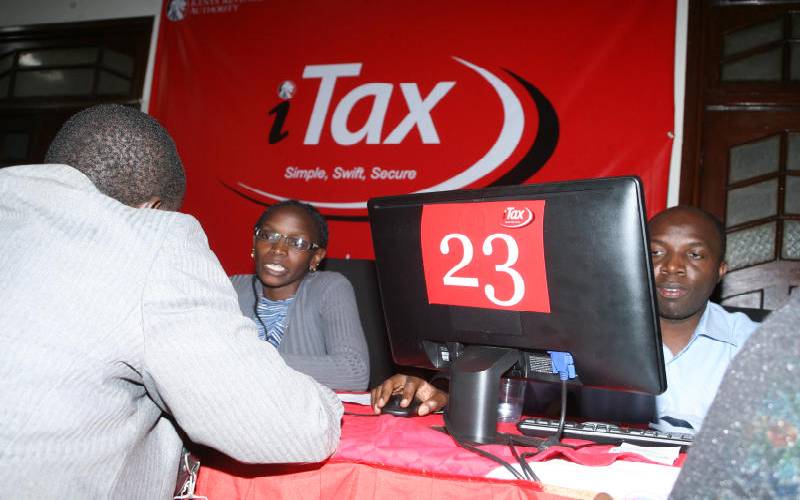×
The Standard e-Paper
Smart Minds Choose Us

Kenya Revenue Authority (KRA) is yet to strike off five million taxpayers who had not regularised their details on its online platform by 2017.
The taxman had given individuals and businesses until the end of August 2017 to feed their details into the iTax platform, failure to which their Personal Identification Numbers (PINs) were to be removed from the system.